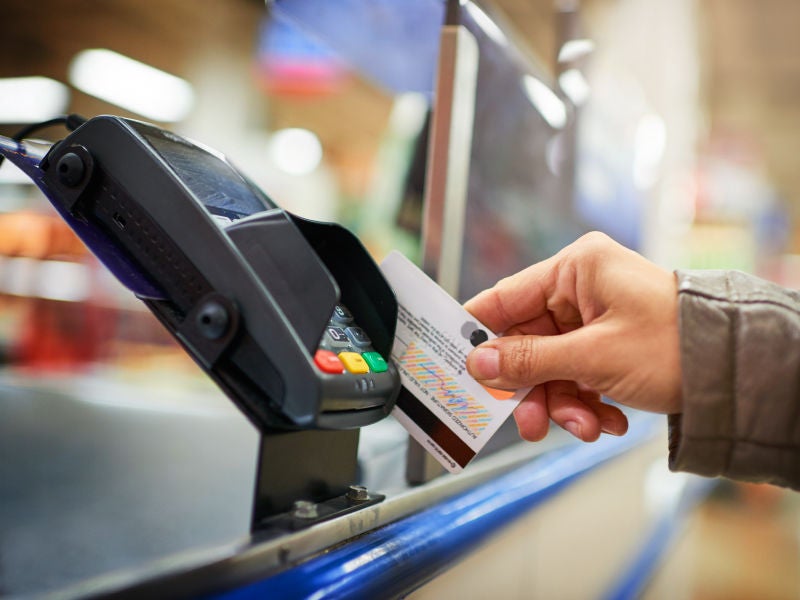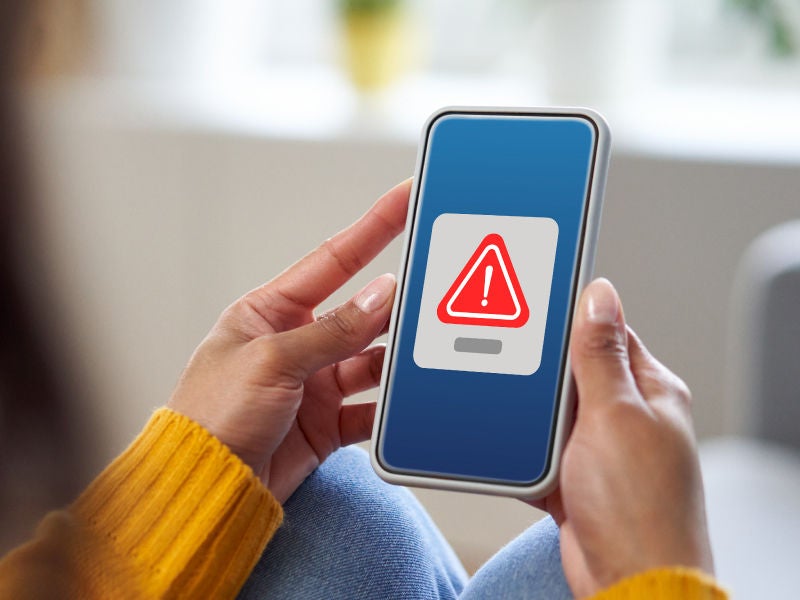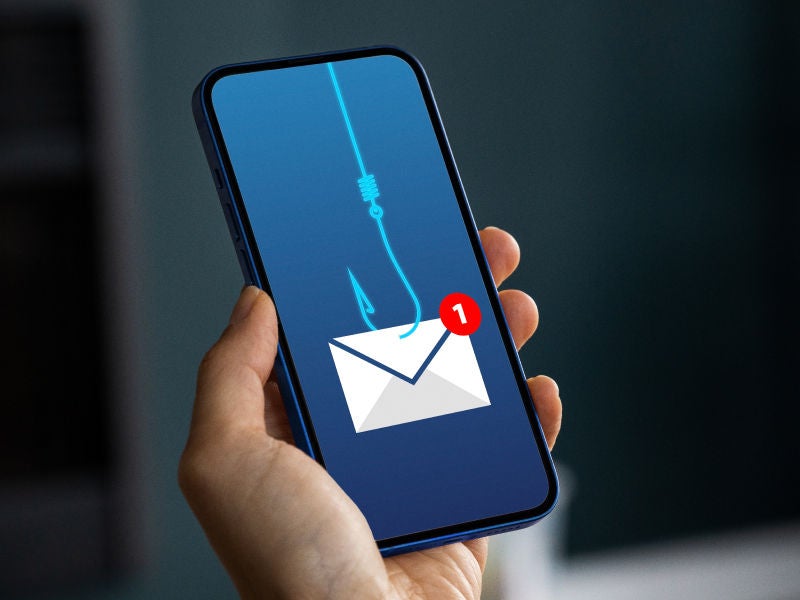
Common Types of Fraud
Education is one of the most powerful ways to protect yourself against malicious attacks. Scroll down to learn about different fraud categories.
Transactional Fraud
Scams
Technical Support Fraud
Fraudsters will occasionally call unsuspecting individuals and claim to offer technical support. If you receive a suspicious communication of this nature:
- Do not give an unknown caller remote access to your computer.
- After a device is accessed remotely, verify it’s not infected before logging in to online banking.
- If someone has maliciously gained access to your computer, immediately turn it off and disconnect the internet & power. Take it to a reputable company for a malware scan.
- File a report with the FBI Internet Crime Complaint Center (IC3).
Senior/Grandparent Scams
Scammers target seniors by claiming to be a family member caught up in a legal or financial crisis. They will prey on emotions and create a sense of urgency. They’ll also often request that the individual not tell other family members about the situation.
If you get such a call, don't be afraid to verify the information before taking any action. Reach out to other family members and inquire about the whereabouts of the alleged caller.
Romance Scams
Scammers can find victims in chat rooms, on dating sites, and using other social media networks. A scammer will quickly proclaim love for an individual and initiate what appears to be a new relationship. Shortly after communication begins, the financial requests begin—for medical costs, travel, business ventures, investments or gifts.
- Do not provide account information to anyone who is not on your account.
- Do not allow people you haven’t met to make deposits into your account.
- Do not forward funds via wire transfer, check, cash, gift card, etc. to an unknown individual.
Lottery and Sweepstakes Scams
Scammers falsely claim U.S. consumers won cash in foreign lotteries via email, phone, or mail. They may use the names of real companies or organizations, adding legitimacy. Victims will receive notifications of winning despite not entering, then the criminals request personal and financial data, even ID copies, to steal their identities. They may also demand payment for taxes or fees. Never share personal info or respond to unsolicited notifications about contest winnings.
Overpayment Scams
Beware of overpayment scams when selling online. Fraudsters often offer checks exceeding the purchase price, asking for refunds via wire transfer, etc. After you deposit the fake checks, they’ll bounce, leaving you responsible for the full amount. They target classifieds or auction sites and issue seemingly genuine checks with watermarks. Always verify all buyers independently and never accept checks above a sale price. If pressured to refund excess funds, terminate the transaction immediately.
Online Job Fraud
Beware of internet jobs promising high pay for remote work. Scammers pose as legitimate employers on job boards, asking workers to receive and transfer funds, often overseas. They may suggest opening a new account for payment via credit card advance or mobile deposit. These are typically check-cashing or shipping scams.
Avoid job offers without interviews and refuse any requests to transfer funds or handle shipments. Protect sensitive information like Social Security numbers and account credentials unless the employer's legitimacy is verified. Be skeptical when pursuing any online employment opportunities.
Mobile Attacks
Fake Mobile Banking Apps
Cybercriminals create fake apps to steal credentials, with banking Trojans being a major threat. They are spread via third-party stores, phishing texts, and even official platforms like Google Play. Protect yourself by checking reviews and ratings before downloading. Be wary of suspicious SMS or email links.
Only download the official America First mobile banking app from trusted sources like the App Store or Google Play. Avoid downloading anything claiming to be our app if the developer isn't America First, it’s promoted on third-party sites, or if they charge fees—our app is free.
SMShing
SMS phishing, or SMShing, is fraud via text message. Scammers may attempt to trick you into replying to a text with financial or personal information, or by asking you to click on links that will sneak viruses on to your mobile device. Never respond to an SMS message requesting sensitive data. America First won’t ask for your information this way.
Malicious Software
Other
Phishing and Spoofing
Certain emails may look legitimate but will send you to a fake site, where you’ll be asked to enter account information. Criminals may also spoof valid phone numbers to make them appear legitimate. Be on the lookout for:
- Links that appear okay but aren't – hover your cursor over the link, but do not click until you verify the URL is correct.
- Requests for personal information – America First emails will never ask you to reply with Social Security data or personal identification number (PIN).
- Urgent appeals – we’ll never claim your account may be closed if you fail to confirm, verify, or authenticate your personal information via email.
- Offers that sound too good to be true – never fill out a customer service survey in exchange for money.
- Obvious typos and grammatical errors – poor writing often signals fraudulent emails and sites.
Auction Fraud
Beware of internet auction fraud, which involves misrepresented or undelivered products. Stick to reputable auction sites with security guarantees. Avoid providing sensitive information like your Social Security or driver's license numbers during purchases. Review security policies and terms of service before entering account details.
Be wary of sellers claiming to be in the U.S. but are actually located overseas. Wiring funds directly to someone gives you no recourse if you are victimized. Even wires through well-known banks or escrow services will not protect you.
Investment/Affinity Fraud
A Scammer can prey on members of identifiable groups that share affiliation and established trust. Be wary of any promise regarding outlandish returns and be thorough in your research before investing.
Resources
Utah Department of Commerce
Internet Crime Complaint Center

We're Here to Help You
At America First Credit Union, our chief concern is the financial well-being of members. We strive to provide superior products and services and strengthen the communities we serve.








